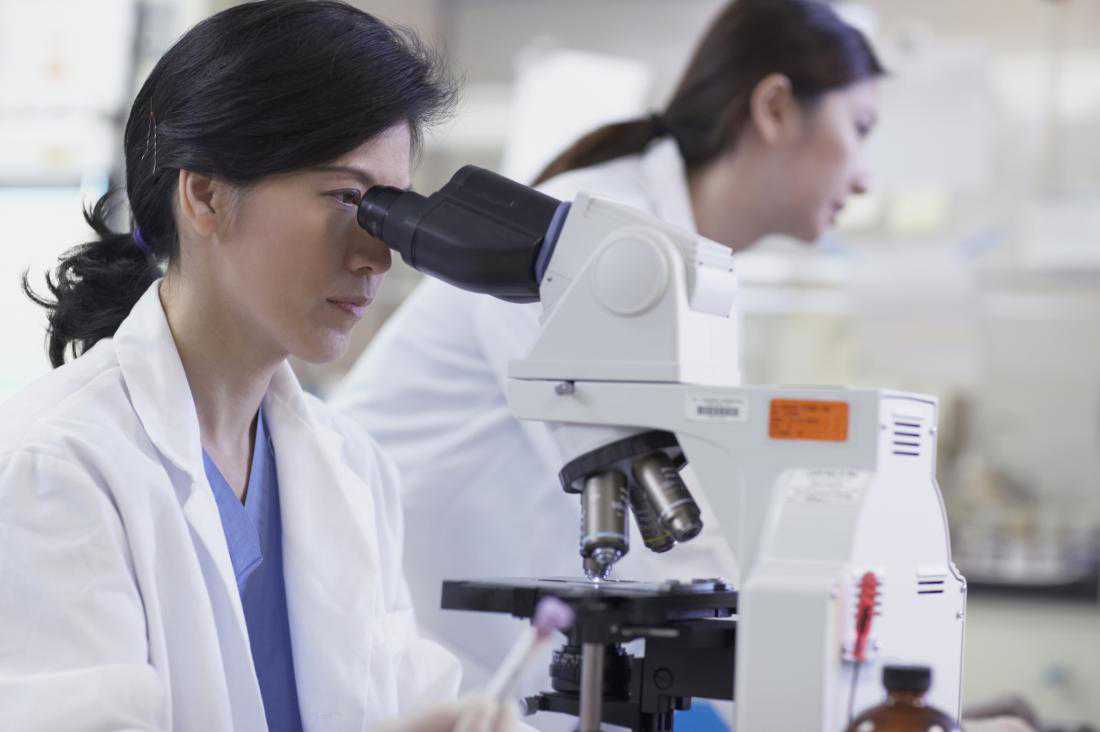A new, single delivery therapy could fight many forms of cancer
26 September, 2019

Using mouse models, researchers from the University of California Los Angeles have developed an experimental therapy that boosts the levels of a type of immune cell that appears capable of keeping several forms of cancer at bay.
Invariant natural killer T (iNKT) cells are a type of powerful immune cell capable to fighting many different "intruders," including cancer cells.
Human bodies hold relatively few of these cells, meaning that they cannot effectively suppress tumors on their own. However, their potency makes them ideal candidates for innovative anticancer immunotherapy.
And this is precisely what a team of researchers from the University of California Los Angeles (UCLA) has set out to do. Using mouse models of different forms of cancer, the scientists have tested a new therapy that boosts the potential of iNKT cells.
The team was able to work with mice because these rodents also express iNKT cells. The researchers detail their experiments in a study paper that now appears in the journal Cell Stem Cell.
"What's really exciting is that we can give this treatment just once, and it increases the number of iNKT cells to levels that can fight cancer for the lifetime of the animal."
Senior author Lili Yang, Ph.D.
New therapy is successful in mouse models
In the study paper, the researchers explain that what makes these immune cells special is that — unlike other immune cells — they "have the remarkable capacity to target multiple types of cancer" at once.
By looking at previous clinical studies, the researchers also found that people with cancer who naturally have higher levels of iNKT cells tend to live for longer than peers with lower levels.
"They are very powerful cells, but they're naturally present in such small numbers in the human blood that they usually can't make a therapeutic difference," Yang explains.
Through their recent experiments, the researchers wanted to create a form of therapy that would stimulate the body to produce more iNKT cells on a permanent basis. The team was hoping to find a "single-delivery" therapy, so to speak.
TAG(s):
